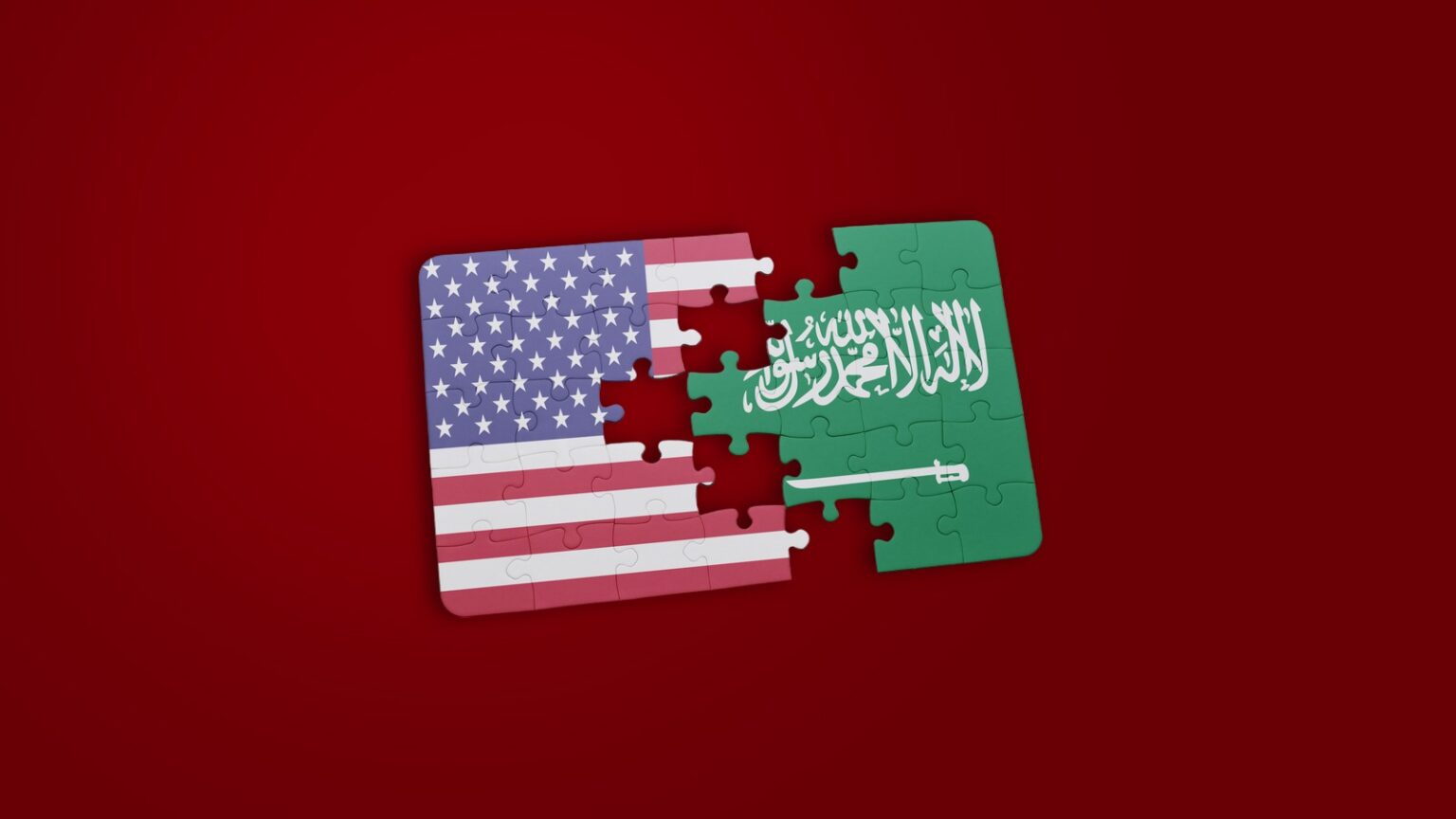In the ever-shifting landscape of Middle Eastern geopolitics, the relationship between the United States and Saudi Arabia remains a cornerstone of regional stability. However, navigating the intricacies of this partnership in the face of evolving challenges requires innovative approaches. President Biden’s administration finds itself at a crossroads: how to deepen ties with Riyadh without encountering the hurdles of formal Senate approval. In this article, we explore potential avenues for forging a comprehensive agreement with Saudi Arabia that circumvents the need for Senate ratification, leveraging existing frameworks and strategic partnerships to enhance security cooperation and address regional challenges.
What is the matter?
President Biden faces a delicate balancing act in managing the US-Saudi relationship, particularly concerning defense commitments and strategic cooperation. This report analyzes potential avenues for forging a comprehensive agreement with Saudi Arabia without the need for formal Senate approval. By leveraging existing diplomatic frameworks, strategic partnerships, and mutual interests, both countries can enhance their security cooperation and address regional challenges effectively.
A backdrop:
Saudi Arabia remains a crucial ally for the United States in the Middle East, but recent tensions and shifts in regional dynamics necessitate recalibrating the bilateral relationship. President Biden’s administration seeks to navigate this terrain by exploring alternative pathways to deepen ties with Riyadh without facing the hurdles of Senate ratification.
Key prospects:
Modeling a Defense Commitment after C-SIPA: President Biden can extend a written defense commitment to Saudi Arabia akin to the Comprehensive Security Integration and Prosperity Agreement (C-SIPA) signed with Bahrain. This commitment would enhance bilateral security cooperation and deter external aggression against both nations’ territorial integrity, mirroring NATO’s Article V without requiring congressional approval.
Designating Saudi Arabia as a Major Non-NATO Ally: By declaring Saudi Arabia a major non-NATO ally, the US can expedite arms sales and provide advanced military equipment to enhance Saudi Arabia’s defense capabilities. This designation streamlines the procurement process and addresses Saudi frustrations with the slow-paced US arms acquisition system.
Advancing Civil Nuclear Cooperation: The joint civil nuclear program can proceed without Senate approval, injecting much-needed investment into the US nuclear industry. Saudi Arabia’s participation in this program, facilitated by US assistance, contributes to energy diversification and strengthens bilateral ties.
Postponing Decision on Uranium Enrichment: Both parties can defer a decision on Saudi Arabia’s request for uranium enrichment capabilities while collaborating on establishing a uranium conversion plant. This approach allows the kingdom to develop nuclear expertise while mitigating proliferation concerns.
Benefits of a Less-for-Less Approach:
Embracing a less-for-less approach offers tangible progress while avoiding the pitfalls of unrealistic expectations. By prioritizing pragmatic agreements over grandiose deals, the Biden administration can navigate complex dynamics and safeguard America’s strategic interests in the region. Despite public denials, a senior US official privately acknowledged that the administration “could take significant steps on the path toward reaching an agreement” with Saudi Arabia, signaling a willingness to pursue pragmatic solutions that do not require immediate Senate approval. While not fulfilling all objectives, this pragmatic approach offers tangible progress and prevents the relationship from deteriorating due to unmet expectations. It balances US interests with Saudi demands, fostering stability and cooperation in the region.
Path Forward:
The Biden administration can pursue significant strides in US-Saudi relations without immediate Senate approval. By prioritizing pragmatic agreements over grandiose deals, both countries can advance shared interests while maintaining flexibility for future negotiations.
Could it happen?
President Biden has an opportunity to strengthen the US-Saudi partnership through practical, achievable initiatives that promote regional stability and security. By embracing a less-for-less approach, the administration can navigate complex dynamics in the Middle East and safeguard America’s strategic interests for years to come.
What should happen?
The administration should prioritize diplomatic engagement and strategic cooperation with Saudi Arabia to forge a bilateral agreement that serves mutual interests and bolsters regional stability.



